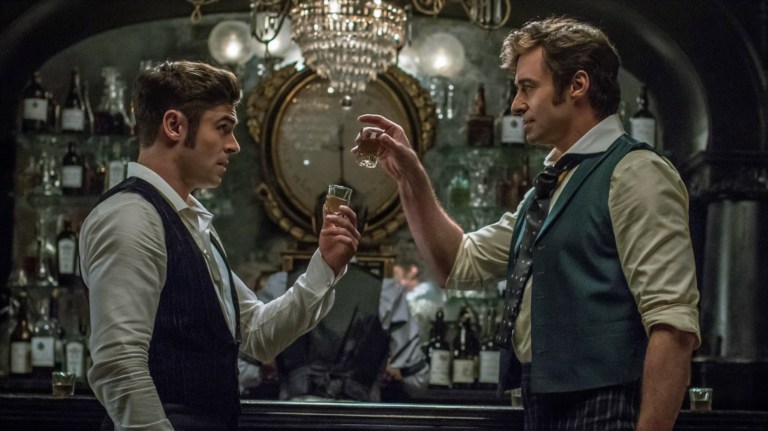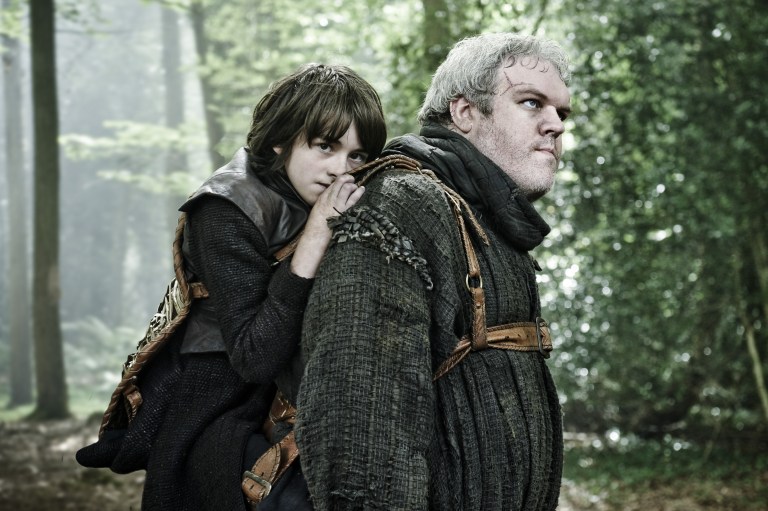
The 6 Greatest Main Characters In TV History
These televisions shows would have faded into obscurity if not for these TV protagonists.
Like almost every form of entertainment, television requires a few key things in order to succeed.
In addition to sharp writing and compelling episodic storylines, a television show’s success hinges significantly on the strength of their leading characters. Whether they possess realistic or exaggerated personalities, audiences quickly learn to identify with these characters from the opening season onward, witnessing these protagonists’ growth over the course of an entire series. In some select cases, these characters have even managed to obtain widespread popularity in mainstream pop culture, with most people able to recognize them for their distinct quirks or nuanced personality traits.
Tony Soprano (The Sopranos)
The patriarch of the Soprano family and the resident gangster of New Jersey, Tony Soprano seemed to be made up of numerous conflicting characteristics and idiosyncrasies. Whether marveling at a flock of ducklings in his backyard or ruthlessly murdering traitorous informants, Tony’s split personality outfitted The Sopranos with an unparalleled degree of emotional nuance. A dedicated family man able to commit horrendous acts of violence for the sake of his criminal career, few fictional characters have had the utter complexity as Tony Soprano.
Homer Simpson (The Simpsons)
It’s not an exaggeration to refer to Homer Simpson as the famous dad in all of television. Breaking the preconceived stereotype around the wise and supportive father figure, Homer seemed like the least qualified person to ever raise children. A slovenly underachiever who prefers to spend his time drinking, napping, or eating, Homer made laziness seem like a competitive sport–one that he’s been the reigning champion of for over 30 years now.
Walter White (Breaking Bad)
Walter White’s transformation from ordinary high school science teacher into cold-blooded criminal kingpin forms the backbone of Breaking Bad’s main narrative. While viewers would grow to detest the sociopathic monster Walt grew into, he never stopped being interesting for one moment. A good man driven into a life of crime for noble reasons, Walt’s loyalty and love for his family proved his final downfall, culminating his unquenchable thirst for unlimited power. Like jis stylistic precursor in Tony Soprano, he’s a character of almost Shakespearean depth and dramatic weightiness.
Michael Scott (The Office)
In the earliest seasons of The Office, Michael Scott seemed like the last employer anyone would ever want to work for. Selfish, ignorant, and typically downright annoying, Michael managed to show more endearing qualities with each new season, displaying genuine love and affection for each of his office employees. Viewing his coworkers as his legitimate best friends, Michael’s immature antics came from an extraordinarily loving place, even if his fellow Dunder Mifflin staff members never seemed able to grasp that fact until his departure for Colorado.
Tyrion Lannister (Game of Thrones)
While describing Tyrion Lannister as the main character of Game of Thrones may aggravate fans of Daenerys Targaryen, Jon Snow, or Eddard Stark, there’s no question that Tyrion remained one of the show’s most delightful highlights. The quick-witted son of Tywin Lannister, Tyrion used his formidable intellectual gifts to outwit many of his political opponents, proving his mind to be every bit as cold and calculating as Cersei, Littlefinger, or his close friend Varys. Often preferring to play the drunken fool rather than the strategic genius, Tyrion never shied away from using his foes’ ignorance to his advantage, inviting them to underestimate his capabilities before revealing his long-term plans.
Saul Goodman (Better Call Saul)
Saul Goodman’s origins had only been hinted a few times throughout Breaking Bad, but audiences were finally able to learn more about his background with Better Call Saul. A protagonist every bit as complicated as his eventual client Walter White, Jimmy McGill’s gradual metamorphosis from a hard-working public attorney into a sleazy shyster never failed to gauge viewers’ interest. Employing raunchy humor and dry-witted sarcasm to win over prospective clients, Jimmy’s tragic descent into amoral criminality provides audiences a whole new understanding of his motivations in Breaking Bad.











